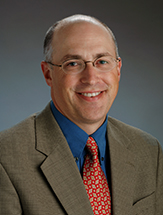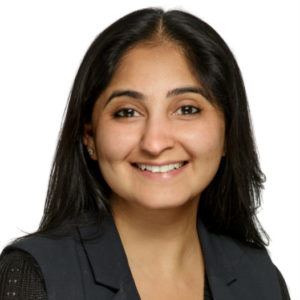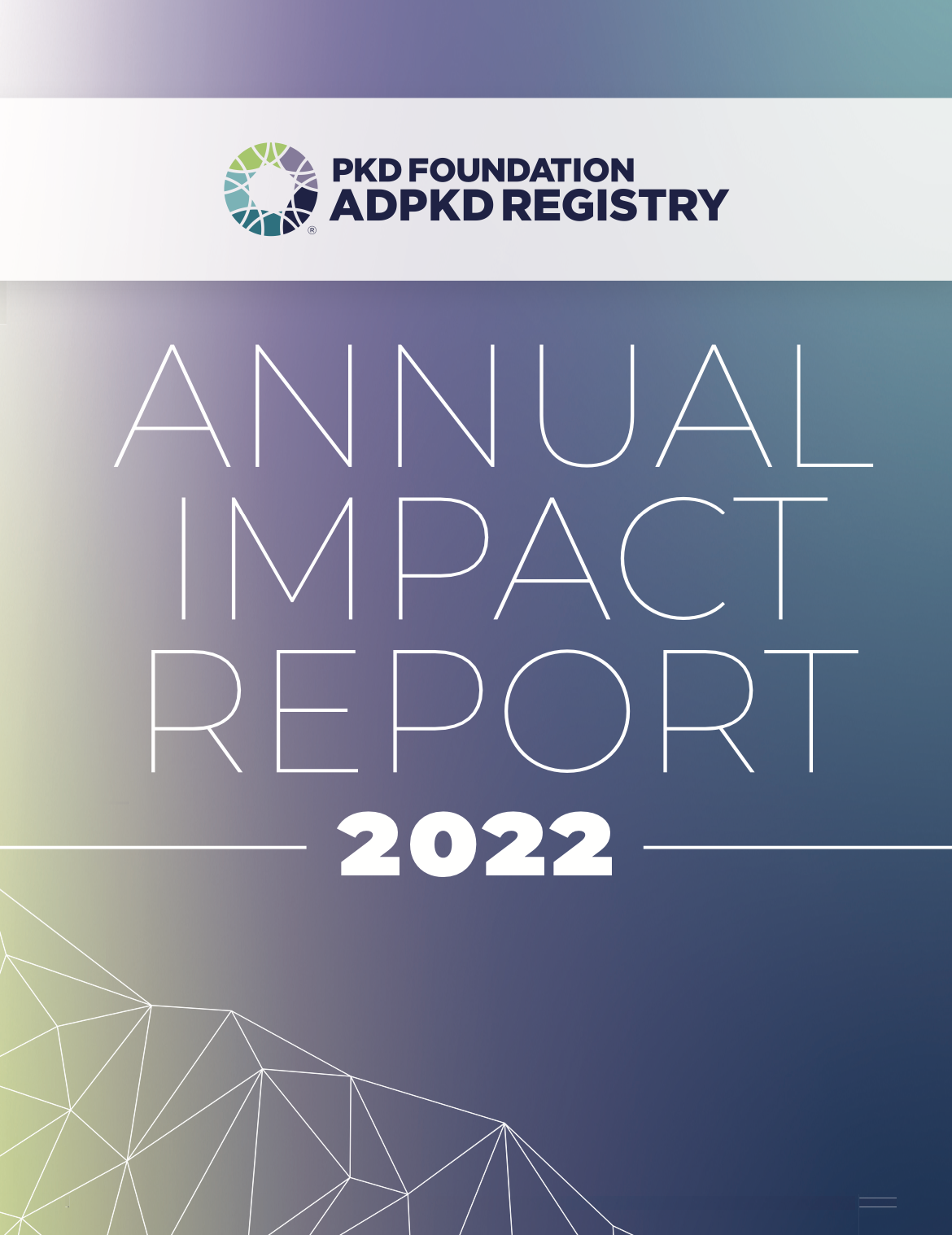Learning objectives
Describe the different forms of PKD, how PKD develops, and the genetic reasons it happens.
Describe PKD complications and the treatments used to control symptoms, slow the growth of cysts, and help with kidney function.
Discuss lifestyle choices and options that may slow PKD symptoms.
Speakers

Franz Winklhofer, MD
Dr. Franz Winklhofer is certified by the American Board of Internal Medicine with a subcertification in nephrology. He completed a fellowship at the University of Kansas Medical Center. He earned his medical degree from the University of Kansas School of Medicine and completed his residency at the University of Kansas Medical Center. Dr. Winklhofer is dedicated to the delivery of quality patient care for adult kidney diseases. He is equally interested in the management of autosomal dominant polycystic kidney disease.

Ashima Gulati, MD, PhD
Ashima Gulati, MD, PhD, is a pediatric nephrologist with research interest in inherited kidney diseases with a particular focus on polycystic kidney disease. Dr. Gulati trained at the Yale School of Medicine where she also completed a PhD in Investigative Medicine. Her research focuses on human exome based investigation of genetic kidney diseases and using mouse and zebrafish as disease models for investigating vascular complications in autosomal dominant polycystic kidney disease. Dr. Gulati’s clinical interests include integration of genetic knowledge to improve the well-being of children with polycystic and inherited kidney diseases.



